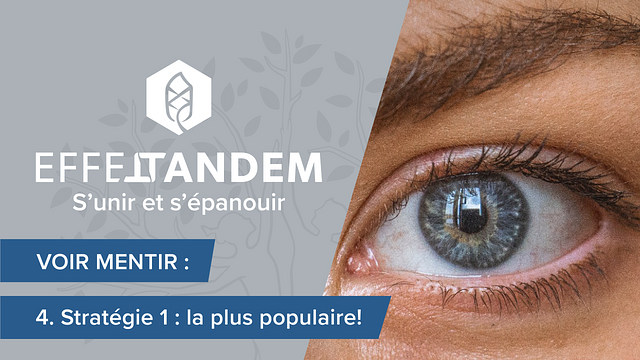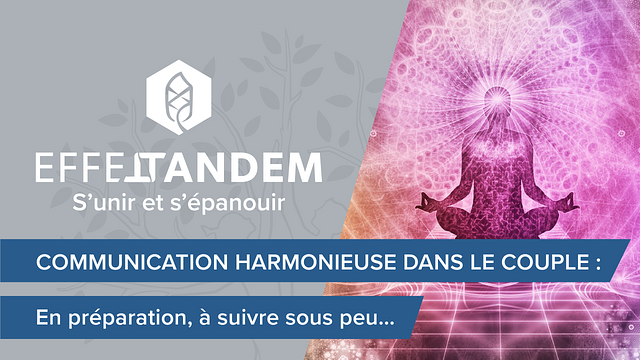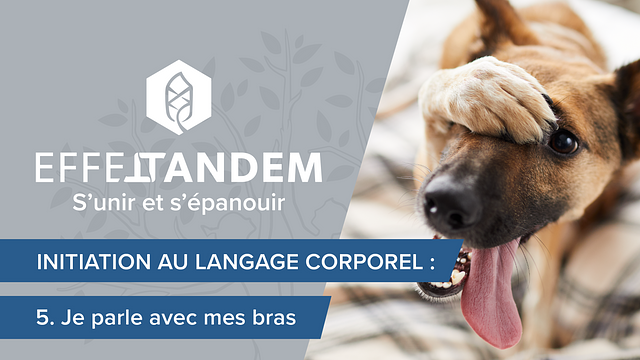In fact, it's not true. There was a psychologist who came up with this information in the 1970s or so because he had noticed that when his clients tended to scratch their noses, there was often a lie associated with it. But in fact, we realized, in terms of neuroscience, that as soon as we have a more intense emotion, as soon as the emotion rises in us, whatever it is, at that moment there is an increase in the blood flow around the nose. This is what we call the Pinocchio effect. So, the fact that we feel an emotion makes our nose start to itch.
There are several itches that are linked to the nose depending on the different emotions that we can observe. Obviously, it doesn't do any good to try to remember all the itch points and what the hand is, it would be too much information to remember. And the purpose of your meeting, obviously, is to have an exchange, to be able to know the person who is in front of you and to be able to reveal yourself to this person to verify if there is a potential fit or not. So, when you see an itch, just make sure that you yourself are as authentic as possible.
The itch may simply be an emotion that rises up, it may be a thought that the person has thought about and has not verbalized. Because we agree that we don't verbalize everything that comes to mind, otherwise we would still be talking, and we don't talk as fast as we might think. So when you observe an itch, relax, you can ask questions about what you were talking about and not about the itch. Because if you ask the person why they're scratching, they're going to say "because it itches", and they're absolutely right. And if you ask them about the thought they had at that moment, it is possible that the thought remained in the unconscious or that it passed so subtly or so quickly that it did not remain in the short-term memory. So it doesn't help to ask about that. What I invite you to do is first and foremost to look at your own itch, because at that moment, you will see that you are in your head, you know what you were thinking about at the moment you scratched. That's going to be much more formative.
The only itch that I would like you to pay attention to is a gesture, a movement, and this is it. When you're in like that, it means that the other person more or less agrees with what you're saying, that the other person has just rejected it. And sometimes the person does this when they are speaking themselves. For example, if your interlocutor tells you about a conversation he or she had with a colleague at work and your interlocutor says "my colleague made such and such a statement" and he or she does this, it could be that he or she is already telling you that he or she does not believe the statement made by that colleague. So, we are in a "I don't agree, I don't believe you, I reject what you are telling me". It's really a gesture towards the other, towards the outside. For some, it will be just a small gesture. For others, it will be a very big gesture and, obviously, we agree that it is less elegant. But what the person is telling you is "I don't agree with these words", "I don't agree with this situation", "I don't agree".
So obviously, you have to be able to accept this disagreement. Because if the other person expresses his disagreement, the idea is to listen to him. If you react strongly to a disagreement, it means that it has touched a sensitive point in you and this sensitive point belongs to you. Take note of it because it means that there is something to work on to be able to free yourself from the emotional charge and to free your mind. And you will see that on the Tandem Effect dating application, you will find a lot of capsules and tools to help you, to make you progress, to give you the elements that allow you to be the best version of yourself. On that note, we'll see you soon for a new capsule. Bye for now!







